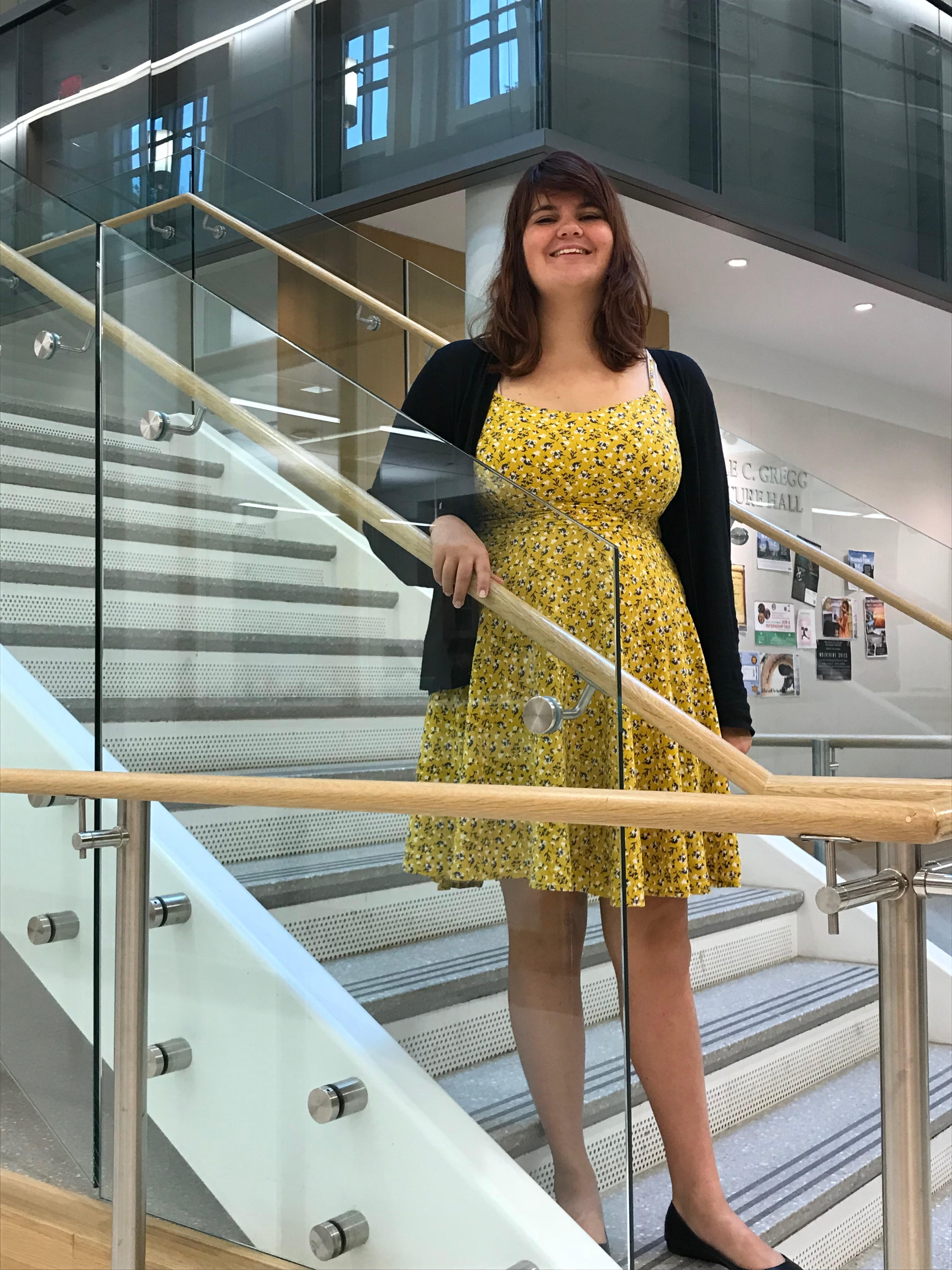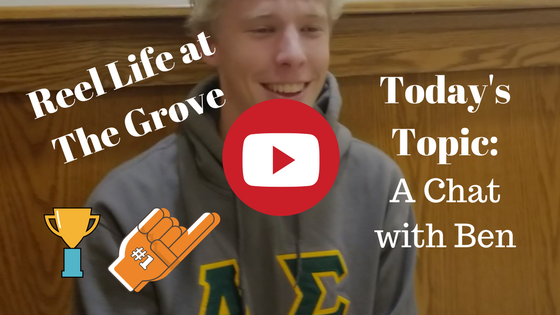Having a Game Design Minor at Grove City College
What is Game Design? The Game Design minor at Grove City College is formally “Computer Game Design and Development”. As such, it covers many aspects of video games while focusing on design and development. Students take part in many disciplines through the classes from coding, writing, and teamwork, to music, entertainment, and story building. However, though Game Design may seem […]
Read more




